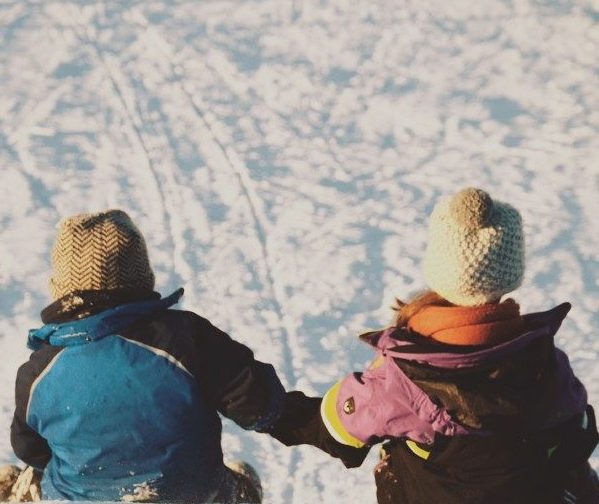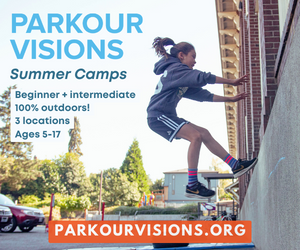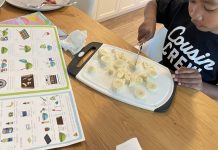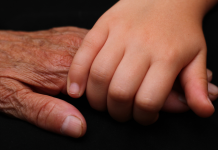My sister mentioned to me she has started to teach her daughter to “check in.” She learned this strategy from the way I parent my kids. It got me thinking about why I taught them to check in when something goes awry with another child or adult. It’s because I want them to be empathetic and kind.

I first heard about the “check-in” concept when working in early childhood education, and combined it with a lesson from a Daniel Tiger song: “Saying sorry is the first step. Then, how can I help?” The idea really stuck with me, and when I taught the concept to my children, they really caught on.
How often do we tell kids to say “I’m sorry”? They run over, say a quick apology, and then go back to whatever they were doing while the hurt kid is still recovering emotionally or physically. Alternatively, a check-in is an opportunity for children to learn how to have empathy, recognize their actions or words affect others, and apologize in way that is meaningful and offers comfort.
Adult guidance is key to the check-in method. I know it can feel like just one more thing for you as a parent to do, but in the end, this one will go a long way in teaching your children how to be compassionate. by checking in, children are offered a way to take accountability for their actions and improve their role in a situation.
For example, let’s say two little ones are playing and one of the kiddos knocks the other one down in attempt to get a toy. Crying begins. As adults, we can help children become aware and understand others’ reactions by thinking aloud in simple phrases. To get them to check in, one parent might say to the child, “he’s crying, I think that means he is sad.” If appropriate, we can ask our child what they notice about this other person’s reaction. Next, the child who did the knocking can go over to the other child, and with adult guidance say whatever feels appropriate. In this example, they might say, “I knocked you down. I will be more careful next time,” or “Are you okay?” or “I’m sorry I made you fall.” The next step is to offer comfort. Your little one could ask, “How can I help?” or offer their own solutions. Maybe the other child would appreciate a hug, or, my kids’ favorite, an ice pack. My kids love to get ice packs when someone gets an owie.
I like to imagine my future teenager saying to me, “I’m sorry I stayed out past curfew mom; what can I do?” Well, maybe that check-in is too good to be true! Yet, I do think this strategy, if practiced regularly will help our kids throughout their growing years and into adulthood as they inevitably deal with bigger issues. We want our children to be empathetic, kind, and productive members of society. Teaching them to check in is a good start.


















